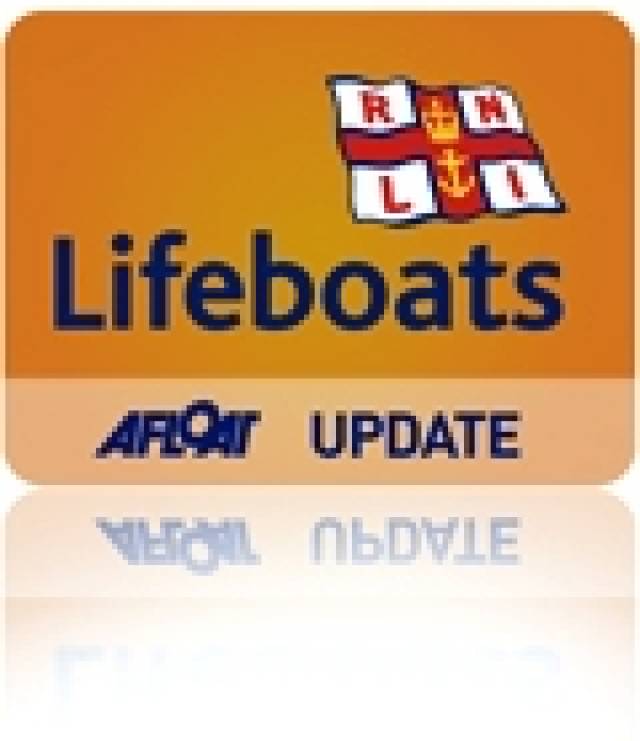#rnli – The RNLI has today announced that following a review of lifeboat cover in Northern Ireland, an additional all weather lifeboat will be put on service on the North Antrim Coast. This lifeboat will be based in Cushendall for a 24 month trial and will operate alongside the current inshore lifeboat at Red Bay RNLI.
The decision was made following the RNLI's Trustees agreement with the Operations Committee's in-depth review of lifeboat cover in the area. The RNLI carries out a five yearly review of all lifeboat stations, including the incidents its lifeboats launch to and the changing pattern of marine activities, to ensure existing and future lifeboat coverage is correct for the area.
The current Red Bay RNLI inshore lifeboat is operating in a place well known for strong tidal streams and rough sea conditions with the nearest all weather lifeboat stations based at Portrush (30 miles), Larne (17 miles) and Campbeltown (32 miles). All weather lifeboats can be operated safely in all conditions while inshore lifeboats usually operate closer to shore and cliffs, in shallower water and among rocks or caves. The RNLI felt that the provision of an extra all weather lifeboat in this area would meet the charity's 'concept of operations' on the North Coast.
The volunteer lifeboat crew at Red Bay RNLI have launched on 33 occasions in wind speeds of Force 5 or higher between 2008 and 2013, which resulted in 27 rescues and five people being saved. The addition of an all weather lifeboat in this location will ensure even greater coverage on the North Antrim Coast.
A lifeboat station was established in Cushendall on the Antrim coast between Larne and Ballycastle in 1972. Since then Red Bay RNLI volunteer lifeboat crews have launched 516 times, brought 489 people to safety and saved 114 lives. Last year alone, Red Bay RNLI launched 22 times bringing 36 people to safety. Of those launches, six services were carried out in the hours of darkness.
Responding to the announcement, Paddy McLaughlin from Red Bay RNLI said: 'We are delighted that the RNLI have decided to trial an all weather lifeboat on the north coast, to be operated alongside our Atlantic 85 lifeboat. Our volunteer lifeboat crew can face some challenging conditions, which are sometimes on the margin of the capabilities of an inshore lifeboat. The provision of an additional all weather lifeboat on the north Antrim coast means our lifeboat crew can launch in all conditions, day or night, up to 100 miles off our coastline.'
Darren Byers, RNLI Divisional Operations Manager added: 'Our charity's priority is to save lives at sea and by conducting regular reviews of lifeboat cover around our coastline, we can ensure we provide the best possible search and rescue service.
'The co-location of the new lifeboat for a trial period of 24 months will allow us to assess the long-term value for this type of lifeboat while ensuring that the RNLI has the right type, balance and capability of lifeboats on the coast, to respond to all types of maritime emergencies.'
The timescale for the arrival of the all-weather lifeboat has yet to be confirmed but will coincide with the training of the volunteer lifeboat crew to meet the demands of their new vessel.
































































